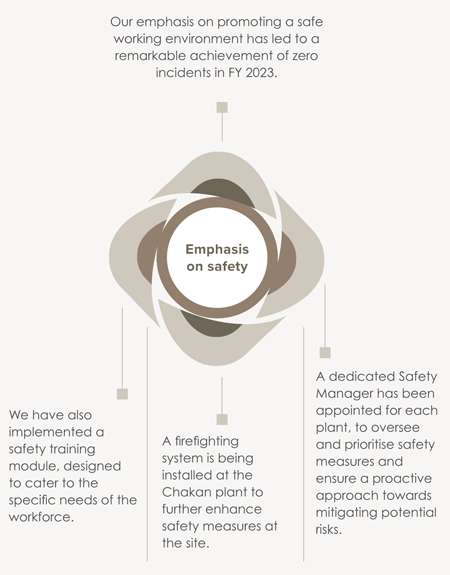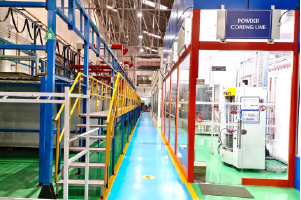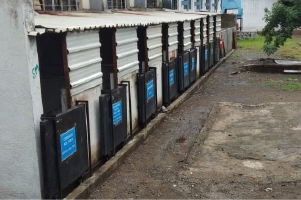In the fiscal year, we have undertaken initiatives to enhance our in-house production capabilities and promote premiumisation for our Fans portfolio. By diligently pursuing capacity debottlenecking initiatives, we have ensured that our manufacturing processes operate at optimal levels, enabling us to meet the growing demand for our premium products. Moreover, our commitment to sustainable manufacturing practices has been unwavering, as we have embraced Total Productive Maintenance (TPM) and focused on enhancing Overall Equipment Effectiveness (OEE). These strategic steps have not only strengthened our operational efficiency but have also reinforced our dedication to environmental stewardship.
Bajaj Electricals is known for introducing an extensive array of consumer electrical products, focused on enriching customer convenience. With rapid deployment of advanced technology in our manufacturing facilities, we continue to undertake significant design improvements that help in the production of the finest products and enable us to adhere to rigorous quality parameters.
Our plants too implement sustainable manufacturing practices that are directed to minimise our impact on the environment. We also continue to undertake efforts to enhance operational efficiency while ensuring optimum resource utilisation. These steps have also helped us to achieve significant cost efficiencies across the manufacturing process.
Improved operations
At Bajaj Electricals, we remain committed to ensuring manufacturing excellence through operational efficiency. We have strengthened our operations through Total Productive Maintenance (TPM) and effective cost management. We have an effective system of resolving challenges through revised and new business models and restructuring of cross functional activities and improving Overall Equipment Effectiveness (OEE).














